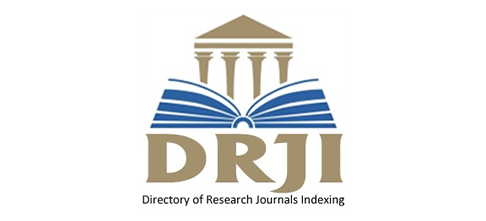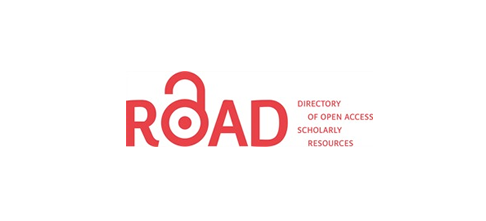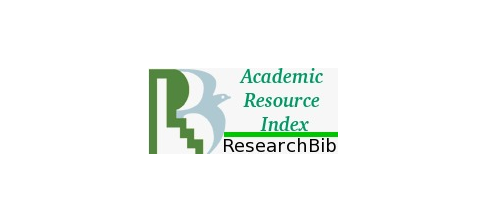Bilişsel Modellerle İstihbarat Analizini Geliştirme: Belirsizlik, Önyargılar ve Karar Verme Zorluklarını Ele Alma
30.06.2025 | Nedim HAVLE
Özet
Bu araştırma, istihbarat analizinde bilişsel modellerin entegrasyonunun potansiyelini ve etkinliğini incelemeyi amaçlamaktadır. Çalışma, literatür taraması ve kurgusal vaka analizleri yöntemlerini kullanarak, Waltz’un Bütünleşik Muhakeme Süreci, Drift Difüzyon Modeli (DDM), Zamana Dayalı Kaynak Paylaşımı Modeli (TBRS), Beklenti Teorisi, Kuantum Karar Teorisi (QDT) ve Kültürel Uzlaşma Teorisi (CCT) gibi modellerin istihbarat analizine adaptasyonunu değerlendirmiştir. Bulgular, bu modellerin analiz süreçlerinin doğruluğunu, hızını ve güvenirliğini artırabileceğini göstermektedir. Örneğin, DDM’nin zaman baskısı altındaki karar süreçlerini optimize ettiği, Beklenti Teorisi’nin risk yönetimini rasyonelleştirdiği, CCT’nin ise kültürel farklılıkları analizde dikkate aldığı tespit edilmiştir. Ayrıca, modellerin belirsizlik, bilişsel önyargılar ve çoklu veri kaynaklarının yönetimi gibi istihbarat analizinin temel zorluklarına çözüm sunduğu ortaya konmuştur. Sonuç olarak, araştırma, bilişsel modellerin istihbarat analizinde yenilikçi bir yaklaşım sunduğunu ve analistlerin karar verme süreçlerini geliştirecek araçlar üretebileceğini göstermektedir. Ancak, modellerin uygulanması için analist eğitimi, veri kalitesi ve teknolojik altyapı gibi unsurların geliştirilmesi gerektiği vurgulanmıştır. Bu çalışma, literatürdeki boşluğu doldurarak gelecekteki ampirik araştırmalar için bir temel sunmaktadır.
Anahtar Kelimeler
Kaynak Göster
Havle, N. (2025). Bilişsel Modellerle İstihbarat Analizini Geliştirme: Belirsizlik, Önyargılar ve Karar Verme Zorluklarını Ele Alma. İstihbarat Çalışmaları ve Araştırmaları Dergisi, 4(2), ss. 133-156, DOI: 10.61314/icad.1654549









